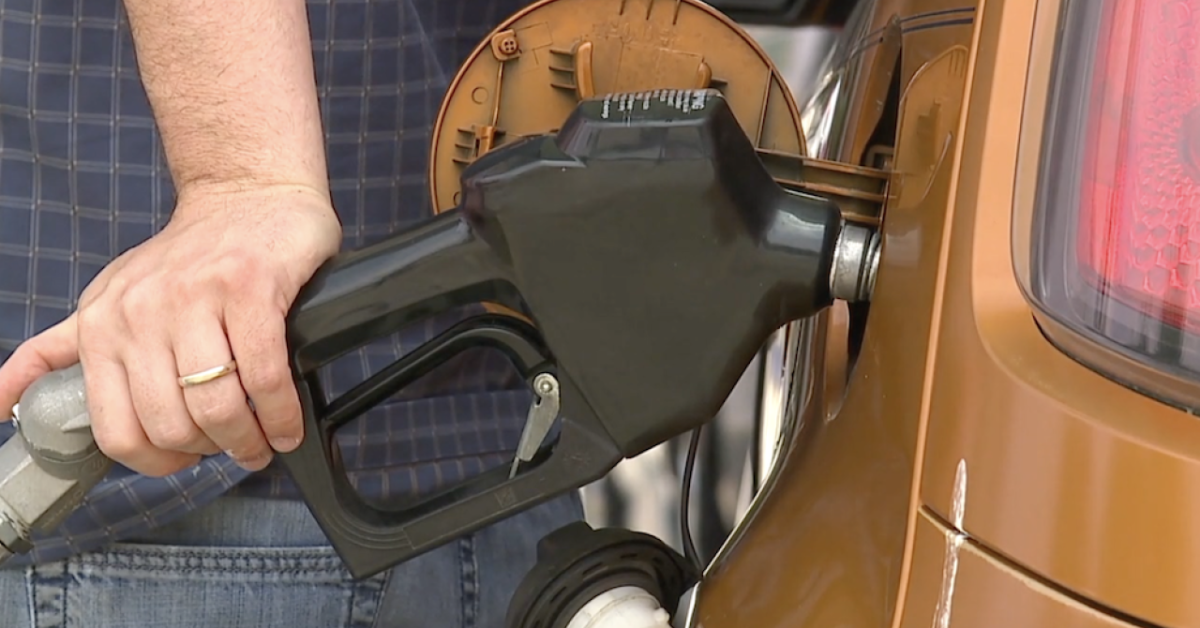As gas tax revenue continues to decrease, Maryland is testing a new program that charges drivers based on the miles they drive. The fuel tax, which has been the largest source of funding for state transportation projects, is no longer as effective.
With fuel-efficient vehicles becoming more common, and more people choosing electric or hybrid cars, the amount of money coming in from the fuel tax is shrinking. Maryland is now looking for a different way to fund transportation and is exploring a system called the mileage-based user fee (MBUF).
Trish Hendren, executive director of the Eastern Transportation Coalition (TETC), explained that Maryland is one of eight states on the East Coast testing this new approach. Over the course of four months, the state ran a pilot program to see how this system would work. Hendren said that the pilot was set up to measure how much drivers pay under this new system compared to the traditional fuel tax.
In the pilot program, over 170 drivers participated. Their mileage was tracked in a few different ways. Some drivers took pictures of their odometers, while others used an app or plugged a device into their car. Drivers with more modern cars could use built-in telematics to track their miles.
The results showed that drivers would pay about the same amount under the MBUF system as they did with the fuel tax. On average, participants paid $23 a month, which is the same as what people in Maryland typically pay in fuel taxes each month.
Drivers were given printouts showing how far they drove, the amount they paid in fuel taxes, and the difference between the fuel tax and the MBUF. For example, one driver of a 2004 Saab 9-3, who drove 263 miles in a month, would have saved 66 cents under the MBUF system. While the pilot results from Maryland and seven other states won’t be fully available until later this year, this test showed that the MBUF could work as a replacement for the fuel tax.
The program also focused on addressing privacy concerns. Hendren explained that while the participants’ miles were tracked, their exact location wasn’t. This meant that no one knew where the drivers were going, just how far they were driving. Other states, like Hawaii, have also started using odometer readings to track mileage without GPS, so people’s privacy is protected.
However, there are worries that rural drivers might end up paying more with the MBUF system. Many people in rural areas drive older, less fuel-efficient cars, and they end up paying more in fuel taxes. The pilot program also looked at how this system might affect rural communities and found that, on average, they would pay 9% less if the state switched from fuel tax to the MBUF.

Other states like Hawaii, Virginia, Oregon, and Utah are already testing MBUF programs. In Virginia, for example, drivers can choose between paying a flat annual fee or paying based on how many miles they drive each month. Hendren mentioned that 30,000 drivers in Virginia have signed up for this program, and it could serve as a model for Maryland.
According to Hendren, the issue of declining gas tax revenue isn’t going away. Maryland is working to figure out a cost-effective, fair solution that takes privacy concerns into account. The idea is to implement the new system gradually and avoid a sudden shift that could cause problems.
In the meantime, Maryland has raised car registration fees and introduced an annual surcharge for hybrid and electric vehicles, which ranges from $100 to $125. These measures are designed to help make up for the loss of gas tax revenue while Maryland continues to explore alternatives.
Despite the testing of the MBUF program, some lawmakers in Maryland are strongly opposed to the idea. A group of Republican legislators is supporting a bill that would prevent the state or local governments from charging a fee based on the number of miles driven.
Senator Justin Ready, one of the sponsors of the bill, argues that adding a mileage-based fee on top of the current gas tax would be unfair to drivers. He believes that the costs associated with Maryland’s transportation system should not fall entirely on drivers, especially since mass transit users contribute very little to the overall costs. Senator Ready also expressed concerns about privacy, saying that tracking how much people drive is an invasion of privacy.
Senator Ready pointed out that while some people might be okay with a voluntary MBUF program, the state could eventually make it mandatory, as it has done with other taxes and charges. Even though the program would track only odometer readings and not use GPS, he believes that the government should not have access to information about how much someone is driving. He also suggested that the focus should be on making mass transit pay for more of its costs, as the current system relies too heavily on drivers’ contributions.
The Maryland Department of Transportation (MDOT) has not yet taken a stance on the bill, but it has continued to work with the Eastern Transportation Coalition to explore the potential for MBUF as a long-term solution for transportation funding. MDOT spokespersons have said that the department is still learning about the feasibility of this program but has not outlined any immediate plans for implementation.
Disclaimer: This article has been meticulously fact-checked by our team to ensure accuracy and uphold transparency. We strive to deliver trustworthy and dependable content to our readers.

